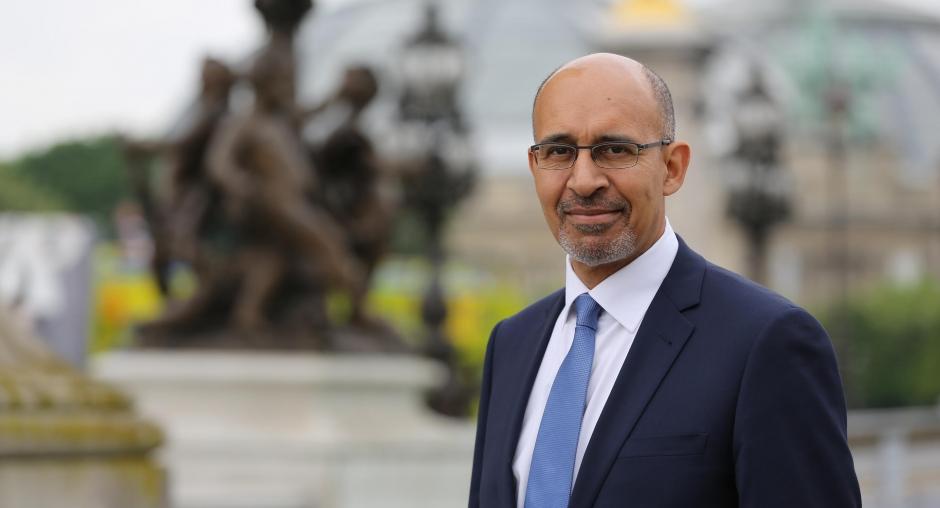OSCE Representative on Freedom of the Media welcomes Irish referendum on blasphemy

VIENNA, 2 October 2017 – The decision of the Irish government to call a referendum on whether blasphemy should remain an offence in the Irish Constitution was welcomed by the OSCE Representative on Freedom of the Media (RFoM) Harlem Désir in a letter to Irish Prime Minister Leo Varadkar today.
The Irish Constitution of 1937 currently states that “the publication or utterance of blasphemous, seditious, or indecent matter is an offence which shall be punishable in accordance with law” (Article 40(6)(1)(i)). The Defamation Act of 2009 defines blasphemy as a “matter that is grossly abusive or insulting in relation to matters held sacred by any religion, thereby causing outrage among a substantial number of the adherents of that religion” (Section 36(2)).
In response to the decision for a referendum, the RFoM said: “The Irish government’s decision to put the constitutional provision on blasphemy to the voters is a very positive move. It comes after a long campaign in Ireland for the reform of the blasphemy law and recommendations from various actors – including, in Ireland, the Law Reform Commission, the Constitutional Convention and the Programme for Partnership Government – that the blasphemy provision be removed.”
“The ongoing existence of blasphemy laws across the OSCE region – even in states where they have not been applied for many years – suggests that it is acceptable to criminalize the mere criticism and mockery of religious ideas. Even if they are not applied in practice, prohibitions of blasphemy chill the free exchange of ideas and information and are used to suppress criticism of authorities by members of the media and others within and beyond the OSCE region. They are unacceptable under international human rights law,” Desir said. “I hope that Ireland and also other OSCE participating States follow the example of such states as Iceland, Malta, Norway and Denmark in scrapping their blasphemy provisions,” he added.
As is indicated by the UN Human Rights Committee: “prohibitions of displays of lack of respect for a religion or other belief system, including blasphemy laws, are incompatible” with international human rights law on freedom of expression (paragraph 48, General Comment No 34 on Article 19 of the International Covenant on Civil and Political Rights).
For statements of former OSCE RFoM Mikos Haraszti expressing concern about the Irish blasphemy law (19 May 2009 and 12 January 2010), see //www.osce.org/fom/50925 and //www.osce.org/fom/51819. For the statement of former OSCE RFoM Dunja Mijatović urging decriminalization of blasphemy in Denmark and Iceland (21 November 2013 and 3 July 2015 respectively), see //www.osce.org/fom/108769 and //www.osce.org/fom/169916.
